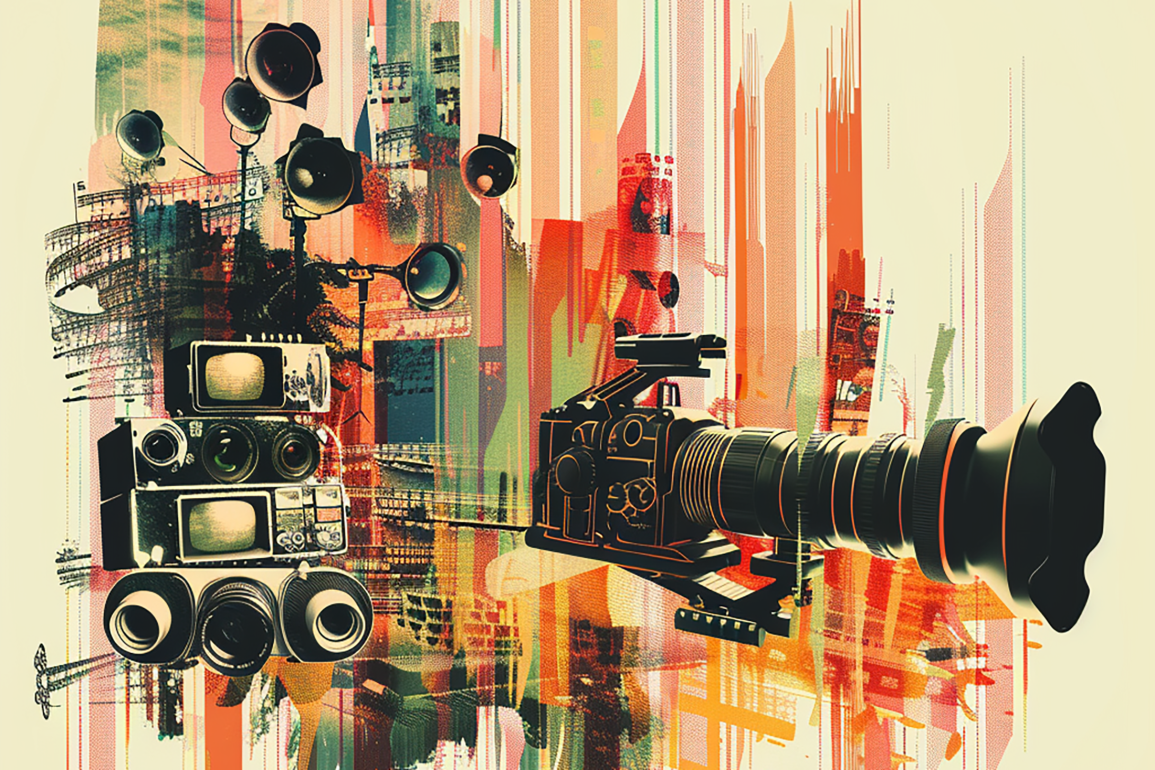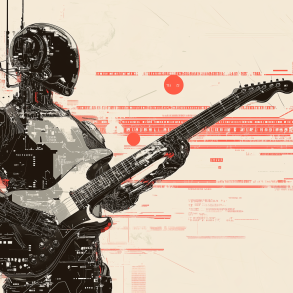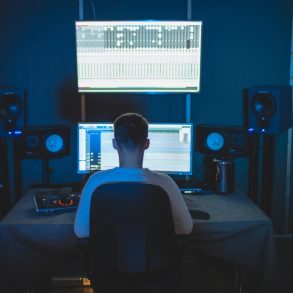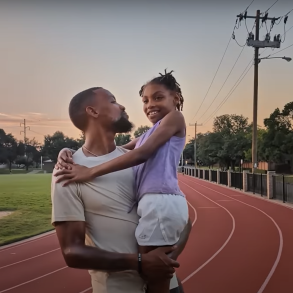OpenAI has entered into a partnership with the Tribeca Film Festival to present five short films created with its groundbreaking artificial intelligence video engine, Sora. Announced earlier this year, Sora excels in generating multi-shot, longer-form videos from a single input, a capability that sets it apart from other AI video tools.
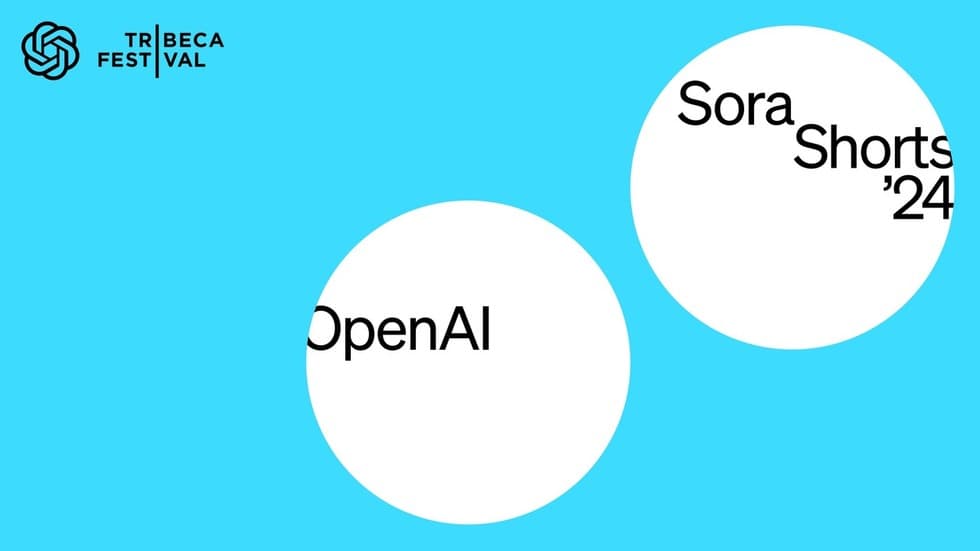
Currently, Sora is not available to the public. OpenAI is focusing on distributing it among filmmakers and creative professionals to maximize its potential and enhance its training data. Under the terms of the Tribeca agreement, selected filmmakers will use Sora to craft original shorts for the festival, though it remains unclear whether these shorts must be produced solely using Sora or if traditional methods can be incorporated.
The creators selected to produce these Sora Shorts are Bonnie Discepolo, Ellie Foumbi, Nikyatu Jusu, Reza Sixo Safai, and Michaela Ternasky-Holland. Each is tasked with creating a short film specifically for the festival, with screenings scheduled for June 15. The tight timeline provided to these filmmakers aims to demonstrate the efficiency gains achievable with AI in film production.
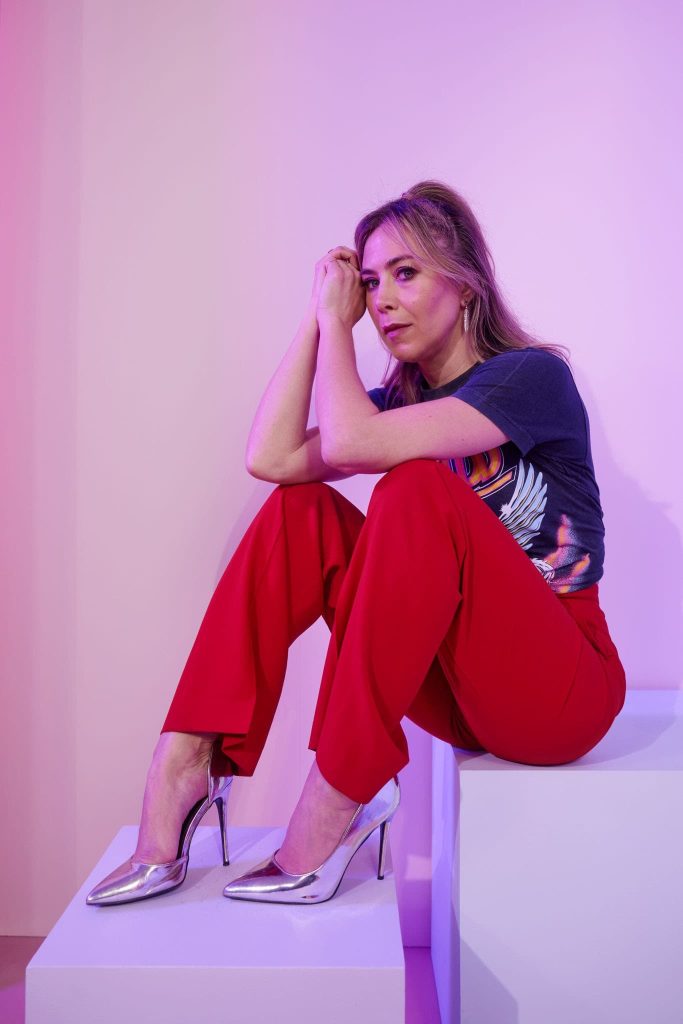
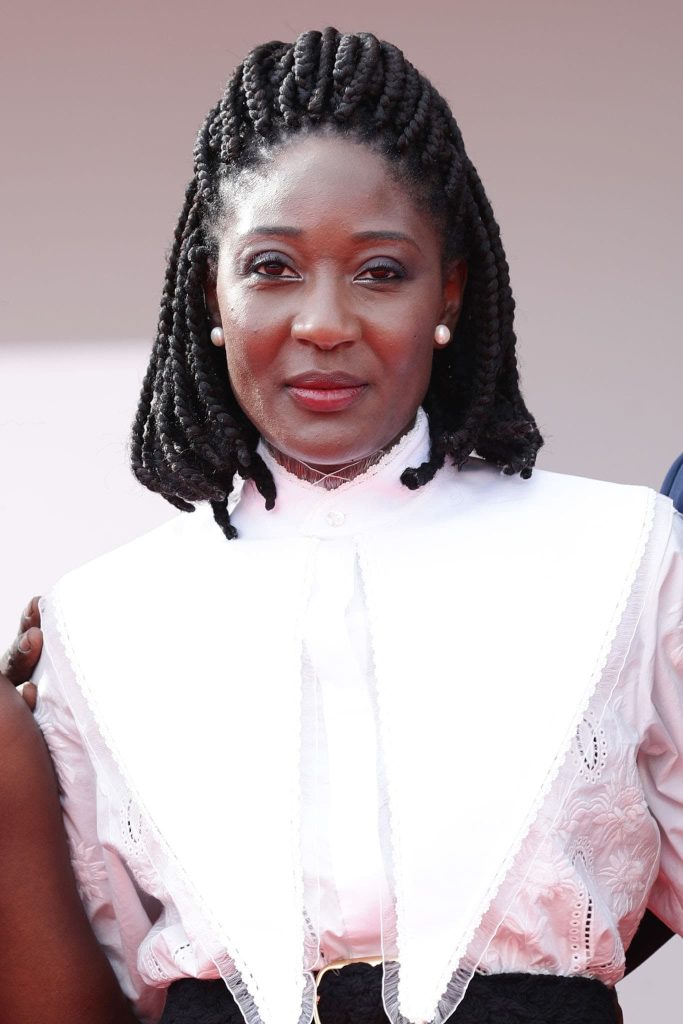
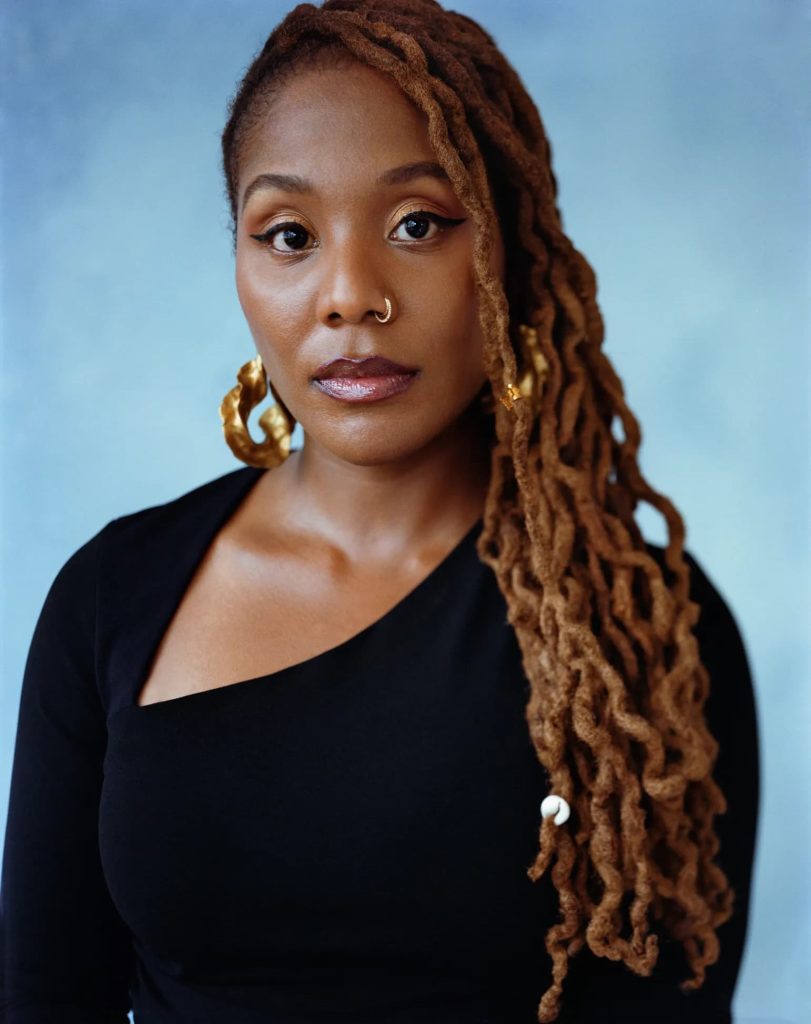

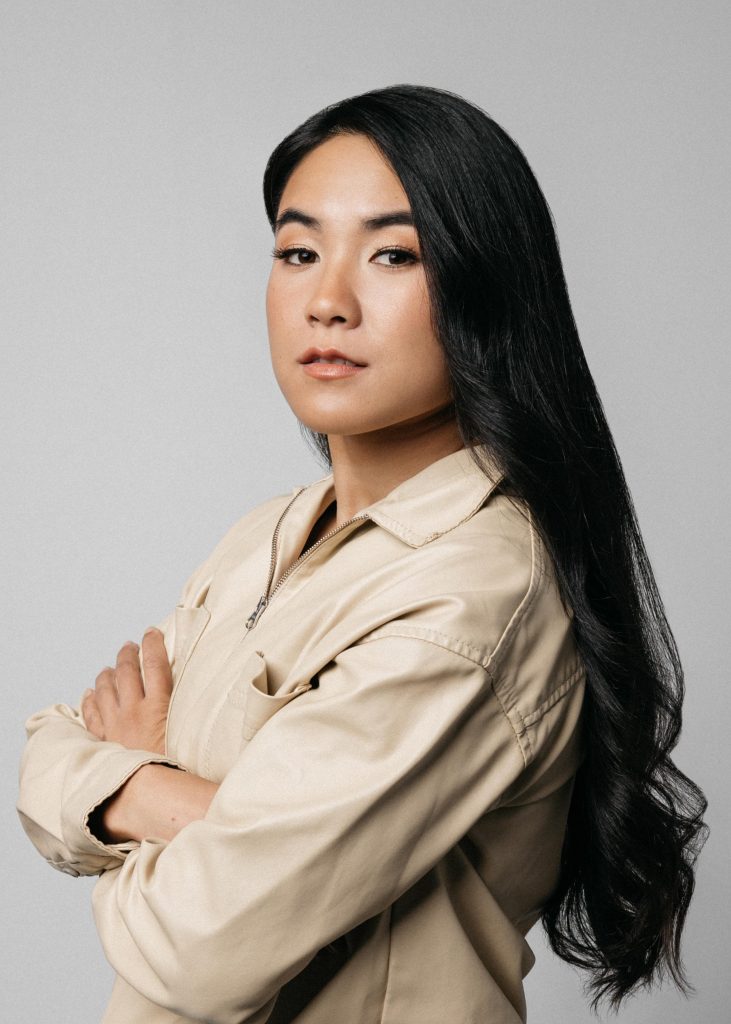
Jane Rosenthal, co-founder and CEO of Tribeca Enterprises, emphasized the role of storytelling in societal change, stating, “Humans need stories to thrive and make sense of our wonderful and broken world.” She expressed eagerness to see the innovative works produced by these accomplished Tribeca alumni.
Sora, a transformer diffusion model capable of generating video clips up to a minute long featuring consistent characters and fluid motion, represents a significant advancement over other models that typically produce shorter, single-shot clips. In response to the high fidelity and potential for misuse of such technology, OpenAI has implemented a cautious rollout, initially allowing only a select group of digital filmmakers to explore its capabilities. Plans are in place to eventually integrate Sora into Adobe’s Premiere Pro, facilitating enhanced video editing features.
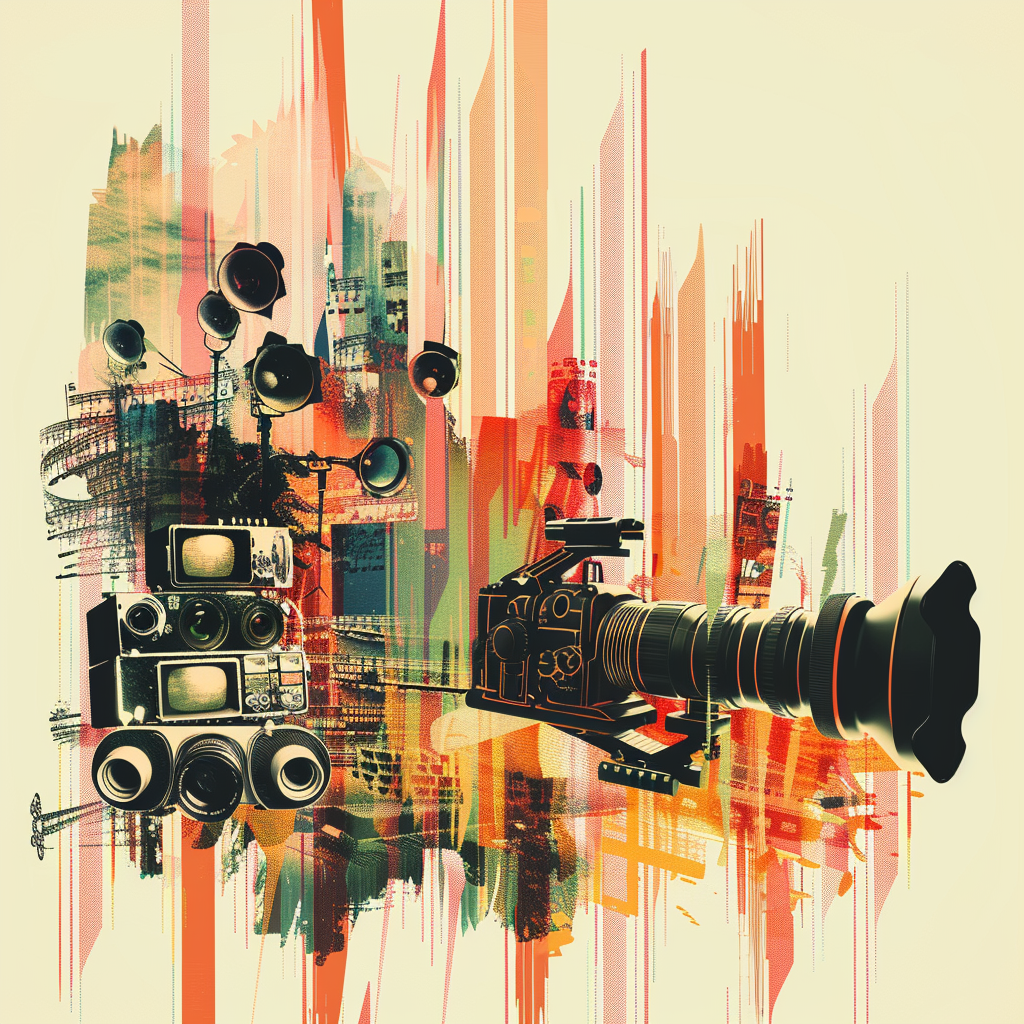
The integration of AI in creative processes continues to stir debate, particularly regarding the origins of the training data and the impact on jobs within the visual effects industry. However, proponents argue that AI can democratize filmmaking, enabling the creation of more immersive works on smaller budgets. The collaboration with Tribeca includes training filmmakers in the use of Sora and other AI tools, and adhering to guidelines negotiated by unions such as SAG, which mandate clear disclosure of AI usage in creative outputs and ensure compliance with copyright and licensing requirements.



